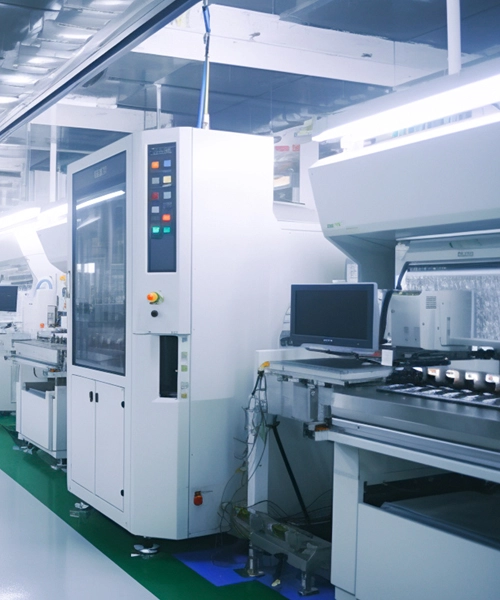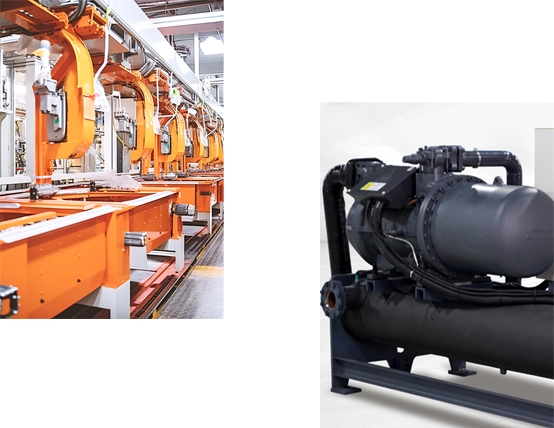
Frequency:
It is generally recommended to perform maintenance tasks at least once a year. However, depending on the operational environment and usage intensity, more frequent checks may be necessary.
Cleaning:
Regularly clean the condenser and evaporator tubes to prevent fouling and ensure efficient heat exchange. Dirty tubes can significantly reduce the chiller's efficiency and increase energy consumption.
Refrigerant Levels:
Check refrigerant levels periodically to ensure they are within the manufacturer's specified range. Low refrigerant levels can lead to poor cooling performance and potential damage to the compressor.
Electrical Components:
Inspect electrical components, including wiring, connections, and control systems, to identify any signs of wear or damage. Proper electrical maintenance helps prevent unexpected breakdowns and extends the lifespan of the chiller.

Regular Checks:
Perform regular inspections to detect and address potential leaks early, ensuring the system operates efficiently and safely.
Seals and Gaskets:
Ensure that seals and gaskets are in good condition and properly installed to prevent refrigerant from escaping the system.
Professional Maintenance:
Engage professional technicians for routine maintenance and leak detection, utilizing their expertise to identify and fix issues promptly.



